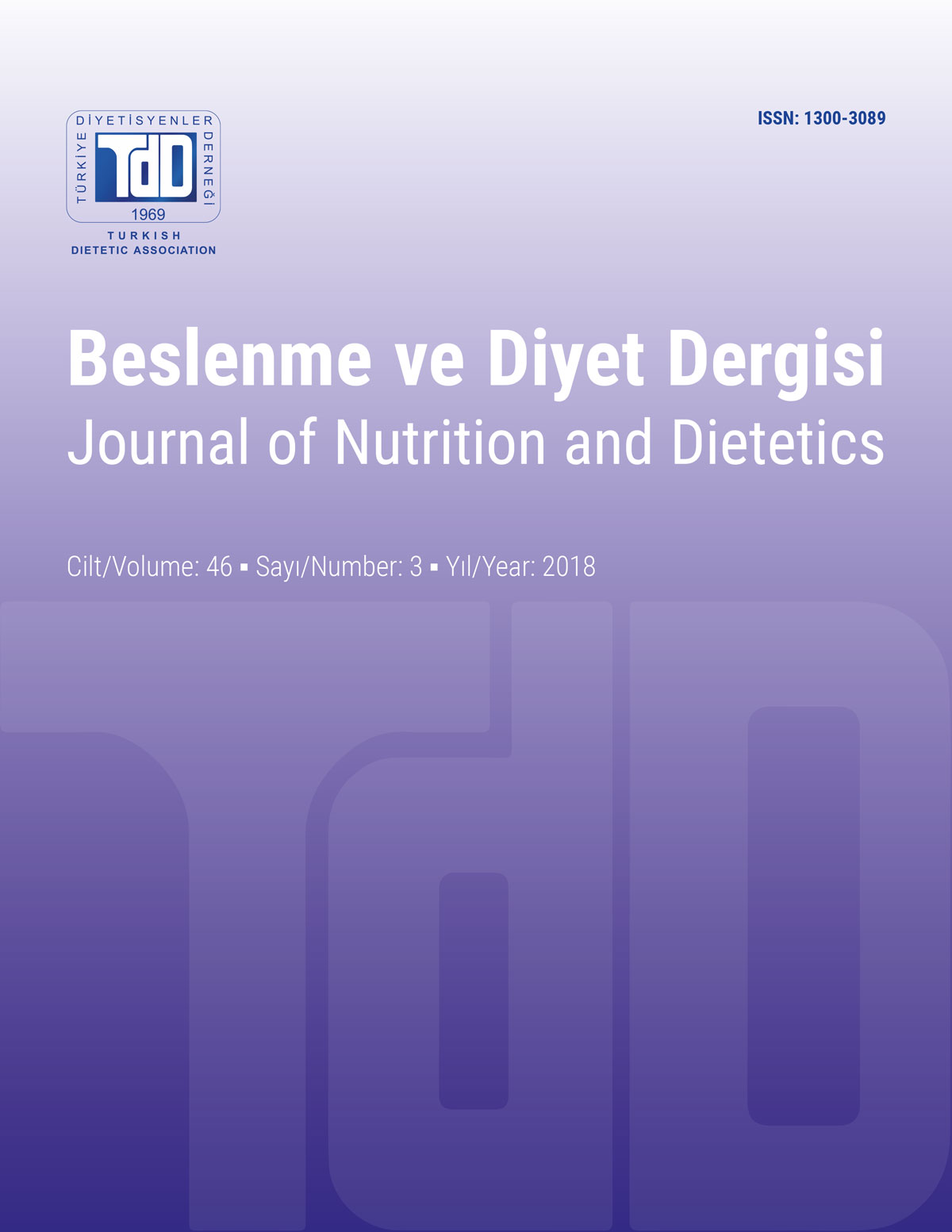Effect of Weight Loss on Nonalcoholic Fatty Liver Disease related New Parameters in Patients After Sleeve Gastrectomy
DOI:
https://doi.org/10.33076/2018.BDD.316Keywords:
Sleeve gastrectomy, obesity, nonalcoholic fatty liver disease (NAFLD)Abstract
Aim: In morbid obese patients bariatric surgeries seem to have positive effects on nonalcoholic fatty liver disease (NAFLD) both histologically and enzymatically. Purpose of this study was to evaluate the effects of sleeve gastrectomy on NAFLD related parameters in morbid obese patients.
Subjects and Method: A total of 70 patients who underwent sleeve gastrectomy surgery, were included in the study. Laboratory parameters and anthropometric measurements before and 12 months after the surgery were recorded from the hospital records. Body mass index (BMI), gamma-glutamyl transpeptidase-to-platelet ratio (GPR), neutrophil to lymphocyte ratio (NLR), platelet to lymphocyte ratio (PLR), monocyte count to high-density lipoprotein (HDL) cholesterol ratio (MHR), HOMA-IR, liver enzymes, total weight loss (TWL), and excess weight loss (EWL) of patients were calculated.
Results: While there were significant decrease in BMI, HOMA-IR, liver enzymes, GPR, NLR, and MHR levels at the 12th month, PLR levels did not show any difference. There were no correlations between TWL, EWL and NAFLD parameters.
Conclusion: GPR, MHR, NLR are the simple parameters that can be used in the follow-up of NAFLD patients who underwent sleeve gastrectomy.

